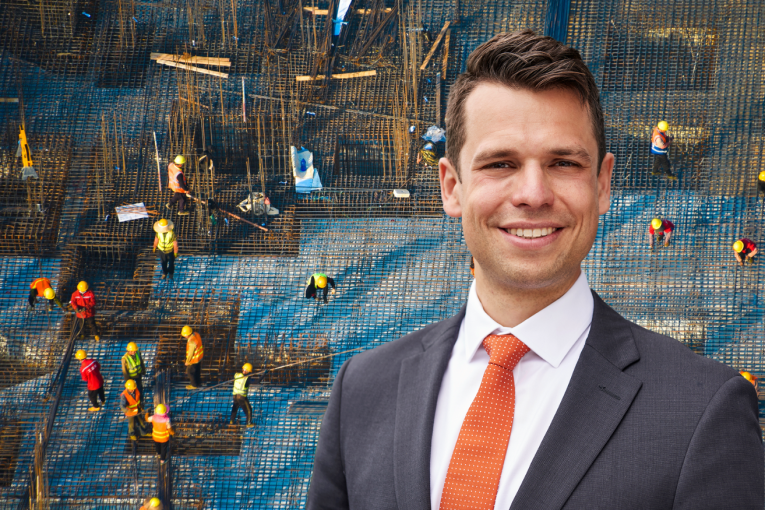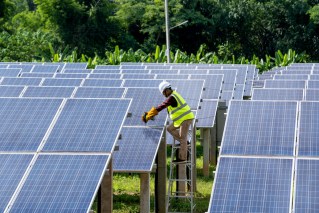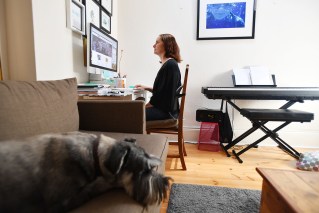Less super, more pay? Not likely
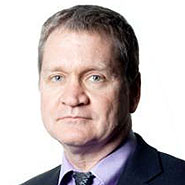
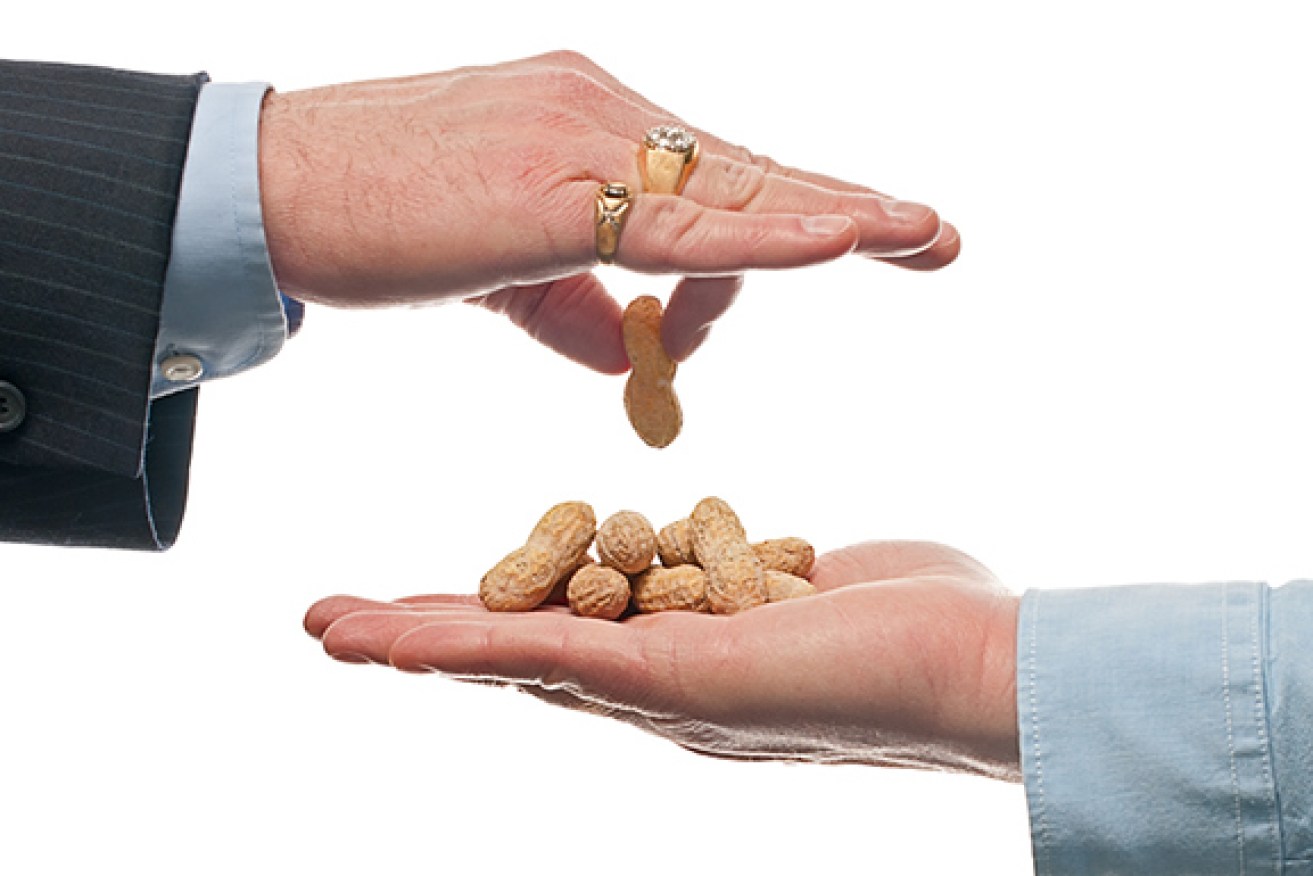
Most political commentators argue that Australians only talk through their wallet/purse when it comes to assessing policies, but I believe that many voters have broader concerns.
Yet there are limits to voter altruism. The Australian Financial Review’s political big guns, Phil Coorey and Laura Tingle, asked Prime Minister Tony Abbott about falling real wages, as inflation outstrips wage growth.
• How Team Australia is hurting our young people
• Is performance pay an excuse for no pay at all?
• Money and security: our biggest concerns at work
Abbott said that everybody preferred higher wages but people should consider the upside.
“If there’s less upward pressure on wages, over time, that should mean more employment, which is a good thing,” he said. “Some people always want to look at the glass half empty. I think it’s generally better to look at the opportunities that these things present than focus on the difficulties.”

Treasurer Joe Hockey
Maybe so, but real wages went backwards in 2013-14, with prices up by 3 per cent and wages by just 2.6 per cent. That’s enough to twinge the hip pocket nerve of a generous voter.
The Treasurer, Joe Hockey, also looked for the upside when defending the Senate deal to scrap the mining tax and to freeze the increase in the superannuation guarantee (SG) paid by employers.
Under the schedule set by Labor, the SG was due to rise from 9.5 per cent to 12 per cent by 2019. It will now be held at 9.5 per cent 2021 and then rise to 12 per cent from 2025.
Mr Hockey argued that during an interview on ABC radio that scrapping of additional superannuation would mean that “people have more cash in their pockets.”
He denied there would be a big dent in super savings because people would “get it in their pockets”:
Fran Kelly: And are we going to have anyone monitoring that? The ACCC making sure they do?
Treasurer: Hang on, either it comes into workers’ pockets or it goes into superannuation, it’s one or the other.
Fran Kelly: Or it stays with the employer.
Treasurer: If it stays with employers, the best way to grow superannuation in Australia is to have a stronger economy. Because ultimately, superannuation is invested back into the economy; into real estate, into equities, into cash in the bank. The stronger the economy, the more superannuation is in play, the greater the prosperity for people in retirement.
Now, most employers are fair dealers, but they’re not looking to pay something they don’t have to pay. The money saved by the super freeze will not automatically flow through in higher wages.
It can be argued that super contributions and wages both come out of the labour’s share of national income. But the increases in super and wages depend heavily on a worker’s bargaining power, either individually or as part of a group.
Australia’s low-paid workers and those with less bargaining leverage are looking at flat pay rises or even real wage cuts, along with no increases in super.
These low-paid workers need to build up their superannuation lump sums through higher contributions so they, too, can benefit from the joys of compound interest.
They can be justified in thinking the glass is half-empty, maybe a bit less.
One final thing
Thanks for a lot of positive feedback on last week’s column, which argued that Australia’s young people are getting a raw deal on education, jobs and housing affordability. It really struck a chord. If you didn’t get a chance to read it, click the link above and have your say.
Mark Skulley is a freelance journalist who is based in Melbourne. He was a reporter on The Australian Financial Review for almost 18 years, which included a decade covering national industrial relations and the world of work. He has since written for The New Daily, the Guardian Australia and other outlets.
